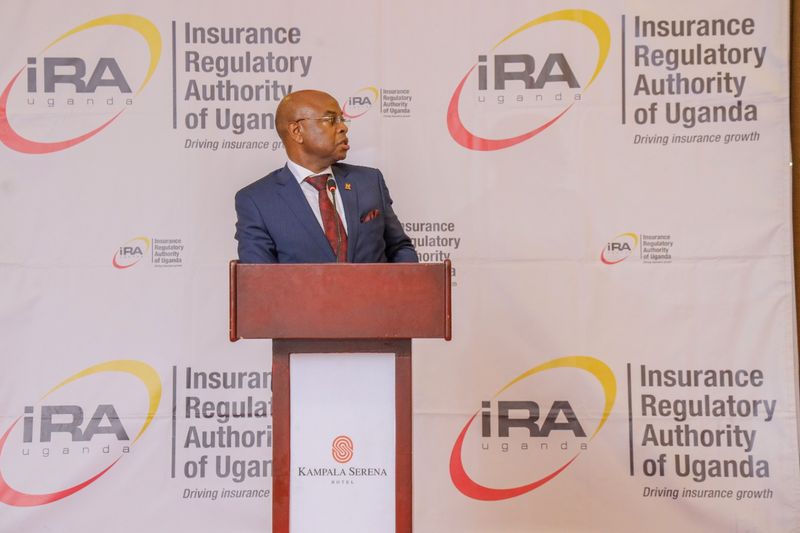
In a fiery address at the Musevenomics conference organised by the Uganda Development Forum Think Tank, Bank of Uganda Deputy Governor Professor Augustus Nuwagaba sharply criticised Ugandans who are lamenting cuts to HIV/AIDS treatment and research aid from the United States under President Donald Trump’s administration.
Professor Nuwagaba, known for his outspoken stance, delivered his remarks without apology, questioning the expectation of perpetual foreign assistance. “Have you taken an agreement with President Trump that he must look for your sick people?” he asked, his tone seemingly confrontational. “How can you think that someone can continue paying for your medicine for I don’t know how many years? How can you think that you are going to continue borrowing, failing to do anything on your land?”
The Deputy Governor stressed the fundamental principle of self-reliance for national progress. “There is no country which will make progress without pooling its own resources,” he asserted. “In other words, there is no living on the savings of others. Let me address myself to the ladies here. Never take a lift. You take a lift, you will never know what will happen to you,” he cautioned, employing a local analogy to underscore his message of independence.
Professor Nuwagaba’s comments come amidst widespread concern among researchers and public health officials about the impact of US aid reductions on Uganda’s formidable fight against HIV/AIDS. The U.S. President’s Emergency Plan for AIDS Relief (PEPFAR), initiated by former President George W. Bush, has been a cornerstone of Uganda’s HIV/AIDS response, injecting an estimated $70 billion into bilateral programs, the Global Fund, and tuberculosis initiatives since its inception. This support has been instrumental in reducing AIDS-related deaths by 45 per cent since their peak in 2004.
Uganda, home to an estimated 1.5 million people living with HIV and AIDS, has seen significant progress in recent decades. The Uganda AIDS Commission’s annual report for 2023 indicates a remarkable 61% drop in new HIV infections and a 63% decline in AIDS-related deaths between 2010 and 2022. Adult HIV prevalence has plummeted from around 20% in the early 1990s to 5% in 2022. As of 2023, 84% of those living with HIV in Uganda were receiving antiretroviral treatment, with 80% achieving suppressed viral loads.
However, the future of these gains is now in question. A May 2025 article in the scientific journal Nature highlighted fears among African HIV researchers that Trump’s aid cuts have jeopardised long-term research programs. The article noted that a January 2017 freeze on all foreign aid and a subsequent 90-day review by the then-new US president directly impacted funding for HIV-related research and suspended a mechanism for international grants from the US National Institutes of Health (NIH).
Dr. Pontiano Kaleebu, director of the Uganda Virus Research Institute (UVRI) in Entebbe, confirmed that the USAID funding freeze had affected HIV vaccine research at the institute, though other funding sources have allowed the research to continue.
Vincent Bagambe, director of planning and strategic information at the Uganda AIDS Commission, previously appealed to the Ugandan Parliament for 300 billion Ugandan shillings (approximately USD 81 million) to cover essential testing, laboratory supplies, and drugs. He warned that without US funding, which constitutes over half of Uganda’s 1.9-trillion-shilling HIV budget, the country’s progress in combating the epidemic could be reversed.
Professor Nuwagaba’s strong stance underscores a growing push within Ugandan leadership for greater financial independence and a reduction in reliance on foreign aid, even in critical sectors like public health. While the data reflects significant donor contributions to Uganda’s HIV/AIDS success, Nuwagaba’s remarks challenge the long-term sustainability of such models and advocate for intensified domestic resource mobilisation.


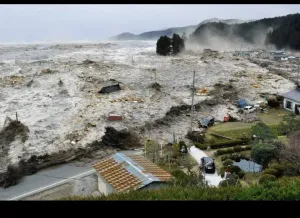


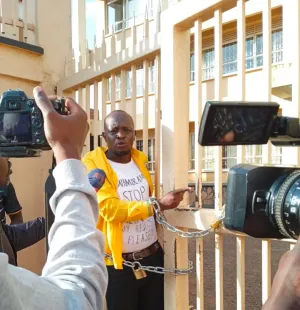





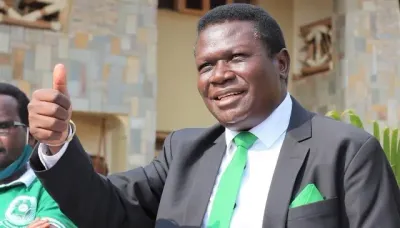
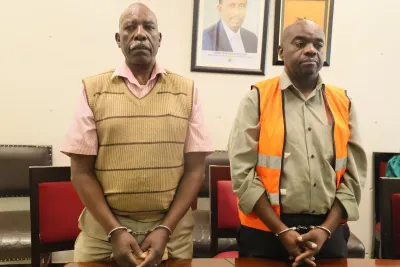
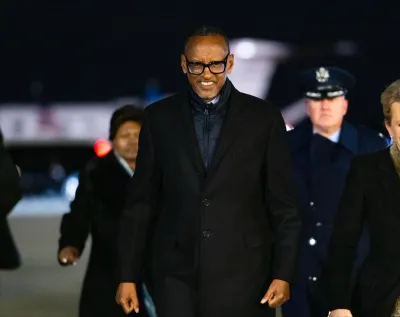
Joan Ainabyona
Leave a Comment
Your email address will not be published.